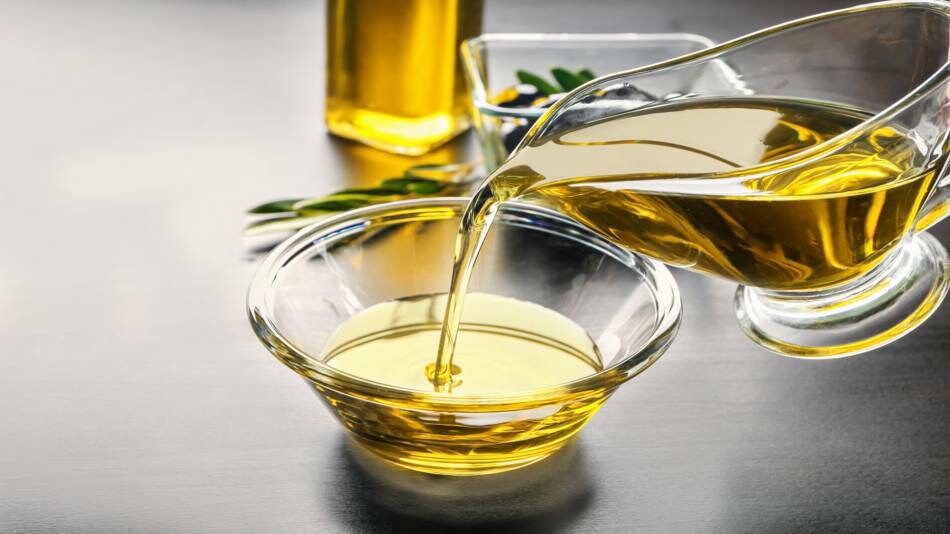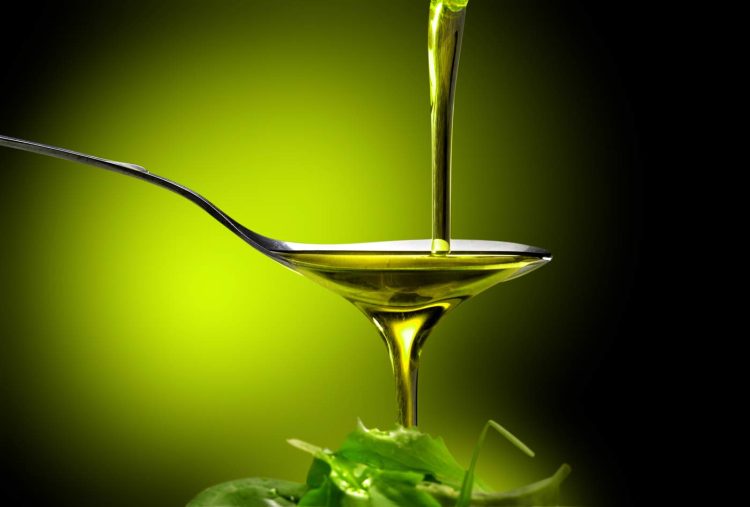High phenolic olive oil has recently become a star in the world of health-conscious consumers and culinary enthusiasts. Touted as a superfood, this specialized olive oil boasts higher levels of polyphenols—natural compounds linked to various health benefits, from reducing inflammation to protecting against chronic diseases. But what exactly is high phenolic olive oil, and is it worth incorporating into your diet? Let’s explore the origins, benefits, production processes, and potential downsides of this fascinating product.
What Is High Phenolic Olive Oil?
Defining High Phenolic Olive Oil
High phenolic olive oil is a premium-grade olive oil characterized by elevated levels of polyphenols. These bioactive compounds are powerful antioxidants found naturally in olives and other plants. While all extra virgin olive oil contains some polyphenols, high phenolic olive oil has significantly more due to meticulous cultivation, harvesting, and extraction methods.
According to the European Food Safety Authority (EFSA), olive oils containing at least 250 mg/kg of hydroxytyrosol and its derivatives can carry health claims related to protecting blood lipids from oxidative stress.
Key Polyphenols in Olive Oil
Some of the most notable polyphenols found in high phenolic olive oil include:
- Hydroxytyrosol: A potent antioxidant with anti-inflammatory properties.
- Oleuropein: Known for its antimicrobial and cardioprotective effects.
- Tyrosol: A compound that supports heart health and reduces oxidative stress.
The Science Behind High Phenolic Olive Oil’s Benefits
1. Antioxidant Powerhouse
Polyphenols are antioxidants that neutralize free radicals, unstable molecules that can damage cells and contribute to aging and diseases like cancer and Alzheimer’s. High phenolic olive oil’s abundance of these compounds makes it a superior choice for combating oxidative stress.
2. Heart Health
Numerous studies have highlighted the cardiovascular benefits of olive oil, particularly those rich in polyphenols. These compounds help:
- Lower LDL (“bad”) cholesterol levels.
- Increase HDL (“good”) cholesterol levels.
- Reduce blood pressure.
- Prevent the oxidation of blood lipids, a key factor in atherosclerosis.
3. Anti-Inflammatory Effects
Chronic inflammation is a precursor to many diseases, including arthritis, diabetes, and cardiovascular conditions. The polyphenols in high phenolic olive oil, particularly hydroxytyrosol, inhibit inflammatory markers and pathways.
4. Brain Health and Cognitive Function
Emerging research suggests that the antioxidants in high phenolic olive oil may protect brain cells from oxidative stress, potentially reducing the risk of neurodegenerative diseases like Alzheimer’s and Parkinson’s. Additionally, these compounds may enhance memory and cognitive function.
5. Cancer Prevention Potential
While more research is needed, initial studies indicate that polyphenols may help suppress the growth of cancer cells and reduce the risk of certain cancers, including breast and colon cancer. These effects are attributed to their ability to modulate oxidative stress and inflammation.
How Is High Phenolic Olive Oil Produced?
Meticulous Harvesting
The production of high phenolic olive oil begins with carefully selected olive varieties. Farmers harvest the olives at an earlier stage of ripening when polyphenol levels are at their peak. Early harvesting, while yielding less oil, ensures higher concentrations of these valuable compounds.
Cold Pressing and Low-Temperature Extraction
To preserve polyphenols, producers use cold pressing techniques and maintain low temperatures during extraction. Heat and prolonged exposure to oxygen can degrade polyphenols, so the process must be swift and controlled.
Specialized Storage
After extraction, high phenolic olive oil is stored in dark, airtight containers to prevent oxidation and preserve its quality. These oils often come with detailed labeling to highlight their phenolic content.
Taste and Culinary Uses
High phenolic olive oil isn’t just about health; it also delivers a distinctive flavor profile. Its taste is often described as:
- Robust and Peppery: The high polyphenol content gives it a bold, pungent flavor with a characteristic peppery finish.
- Bitter Notes: The bitterness is a hallmark of its phenolic richness, signaling its high antioxidant levels.
Best Ways to Use It
Due to its premium nature and unique taste, high phenolic olive oil is best used:
- As a finishing oil for salads, soups, and grilled vegetables.
- Drizzled over fresh bread or bruschetta.
- In dips and marinades where its flavor can shine.
It’s not typically used for high-heat cooking, as the intense heat can degrade its valuable polyphenols.

How Does It Compare to Regular Olive Oil?
Nutritional Differences
While regular extra virgin olive oil offers numerous health benefits, high phenolic olive oil contains up to 10 times more polyphenols, amplifying its antioxidant and anti-inflammatory properties.
Cost Considerations
High phenolic olive oil is significantly more expensive than standard olive oils. This price difference reflects its labor-intensive production process and limited availability.
Availability
High phenolic olive oil is a niche product and is less readily available than regular olive oil. It’s often sold through specialized retailers, health stores, or online platforms.
Potential Downsides and Risks
High Cost
The premium price of high phenolic olive oil can be a barrier for many consumers. While it offers enhanced health benefits, these may not justify the expense for everyone.
Limited Research
Although the benefits of polyphenols are well-documented, specific studies on high phenolic olive oil are limited. More research is needed to fully understand its advantages over regular olive oil.
Flavor Intensity
The robust and bitter flavor of high phenolic olive oil may not appeal to all palates. It’s a taste that requires some adjustment, especially for those accustomed to milder oils.
Allergies and Sensitivities
Though rare, some individuals may experience allergic reactions or sensitivities to olive oil. It’s essential to consult a healthcare provider if you have concerns.
Is It Worth Trying?
For Health Enthusiasts
If you’re committed to maximizing your intake of antioxidants and investing in your long-term health, high phenolic olive oil is a worthy addition to your diet. Its elevated polyphenol content can complement other healthy lifestyle choices.
For Culinary Explorers
Foodies and culinary enthusiasts will appreciate its bold flavor and the opportunity to experiment with high-quality ingredients in their cooking.
For the Average Consumer
If you’re looking for a cost-effective way to improve your diet, regular extra virgin olive oil still offers excellent health benefits at a fraction of the cost.
Conclusion
High phenolic olive oil is an impressive product that combines exceptional nutritional benefits with a robust flavor profile. While its price and availability may limit its appeal to a niche audience, its potential health advantages make it a valuable addition to the diets of health-conscious individuals.
As with any health trend, it’s essential to maintain perspective. High phenolic olive oil is not a cure-all but rather a supplement to a balanced diet and healthy lifestyle. Whether you’re drawn to its antioxidant power, culinary versatility, or premium status, it’s a product worth exploring for those who can afford it.












































